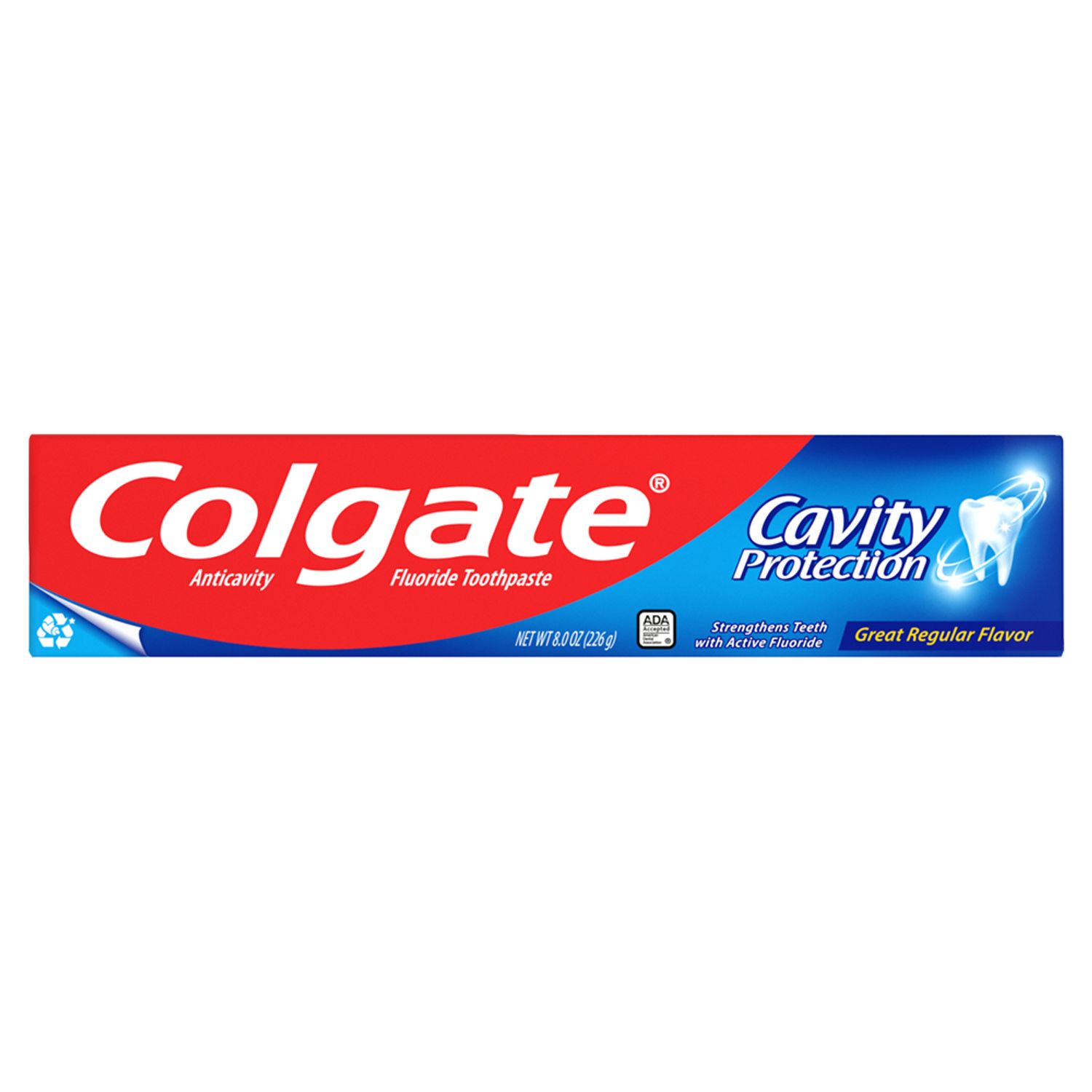10 Scratched Gums Tips For Healthy Smile

The woes of scratched gums - a painful and frustrating experience that can leave you wondering how to alleviate the discomfort and promote healing. But fear not, dear reader, for we’ve got you covered. In this comprehensive guide, we’ll delve into the world of scratched gums, exploring the causes, symptoms, and most importantly, the top 10 tips for a healthy smile.
Understanding Scratched Gums
Before we dive into the tips, let’s take a moment to understand what scratched gums are and how they occur. Scratched gums, also known as gum abrasions, are tears or cuts in the gum tissue, often caused by:
- Aggressive brushing or flossing
- Hard or sharp food particles
- Accidental bites or trauma
- Orthodontic appliances or dental work
- Poor oral hygiene
These injuries can lead to inflammation, bleeding, and pain, making everyday activities like eating, drinking, and even talking a chore.
Tip 1: Keep the Area Clean
To promote healing and prevent infection, it’s essential to keep the affected area clean. Gently rinse your mouth with warm salt water (1⁄2 teaspoon of salt in 8 ounces of water) several times a day. You can also use an antibacterial mouthwash to help reduce bacteria and inflammation.
<div class="expert-insight">
<p>Remember to be gentle when cleaning the area, as rough movements can exacerbate the injury.</p>
</div>
Tip 2: Apply a Cold Compress
A cold compress can help reduce swelling and ease pain. Wrap an ice pack or a cold, damp cloth in a towel and apply it to the affected area for 10-15 minutes, several times a day. This will help constrict blood vessels and reduce inflammation.
Tip 3: Use a Desensitizing Toothpaste
Desensitizing toothpastes containing potassium nitrate or strontium chloride can help alleviate tooth sensitivity, which often accompanies scratched gums. Use a soft-bristled toothbrush and gentle circular motions to clean your teeth.
<table>
<tr>
<th>Toothpaste Ingredients</th>
<th>Benefits</th>
</tr>
<tr>
<td>Potassium Nitrate</td>
<td>Desensitizes nerves, reducing sensitivity</td>
</tr>
<tr>
<td>Strontium Chloride</td>
<td>Blocks sensitivity, reducing pain</td>
</tr>
</table>
Tip 4: Avoid Irritants
Steer clear of foods and drinks that can irritate the affected area, such as:
- Spicy or acidic foods
- Hard or crunchy foods (e.g., nuts, chips, or raw vegetables)
- Hot or cold beverages
- Tobacco and smoking products
Tip 5: Try a Topical Anesthetic
Over-the-counter topical anesthetics like Orajel or Anbesol can help numb the area, providing temporary pain relief. Apply a small amount to the affected area with a cotton swab, but be sure to follow the instructions and avoid overuse.
<div class="pro-con">
<h3>Pros and Cons of Topical Anesthetics</h3>
<ul>
<li>Pros: Quick pain relief, easy to use</li>
<li>Cons: Temporary solution, may have side effects</li>
</ul>
</div>
Tip 6: Practice Good Oral Hygiene
Maintaining good oral hygiene is crucial for promoting healing and preventing further irritation. Brush your teeth gently with a soft-bristled toothbrush and fluoride toothpaste, and floss carefully to remove any food particles.
Tip 7: Avoid Overbrushing
While it’s essential to keep the area clean, overbrushing can exacerbate the injury. Use gentle circular motions and avoid applying too much pressure, which can further irritate the gums.
Tip 8: Consider a Salt Water Rinse with Baking Soda
A salt water rinse with baking soda can help reduce inflammation and neutralize acid in the mouth. Mix 1 teaspoon of baking soda with 1⁄2 teaspoon of salt in 8 ounces of warm water and swish the solution around your mouth before spitting it out.
Tip 9: Get Enough Rest
Adequate rest can help your body recover from the injury. Aim for 7-8 hours of sleep per night and try to manage stress, which can exacerbate the healing process.
Tip 10: Consult a Dentist
If the pain persists or worsens, it’s essential to consult a dentist. They can assess the injury, provide personalized guidance, and recommend further treatment if necessary.
<div class="faq-section">
<div class="faq-container">
<div class="faq-item">
<div class="faq-question">
<h3>How long does it take for scratched gums to heal?</h3>
<span class="faq-toggle">+</span>
</div>
<div class="faq-answer">
<p>Scratched gums can take anywhere from a few days to a week or more to heal, depending on the severity of the injury and individual factors.</p>
</div>
</div>
<div class="faq-item">
<div class="faq-question">
<h3>Can I use hydrogen peroxide to clean the area?</h3>
<span class="faq-toggle">+</span>
</div>
<div class="faq-answer">
<p>It's generally not recommended to use hydrogen peroxide to clean scratched gums, as it can irritate the area and slow down the healing process.</p>
</div>
</div>
</div>
</div>
By following these 10 tips, you’ll be well on your way to promoting healing, reducing discomfort, and maintaining a healthy smile. Remember to practice good oral hygiene, avoid irritants, and consult a dentist if the pain persists or worsens. With patience and proper care, your scratched gums will heal, and you’ll be flashing a bright, healthy smile in no time.


